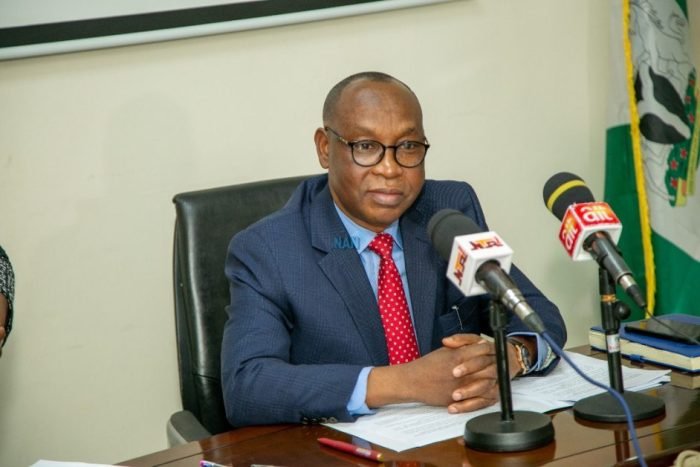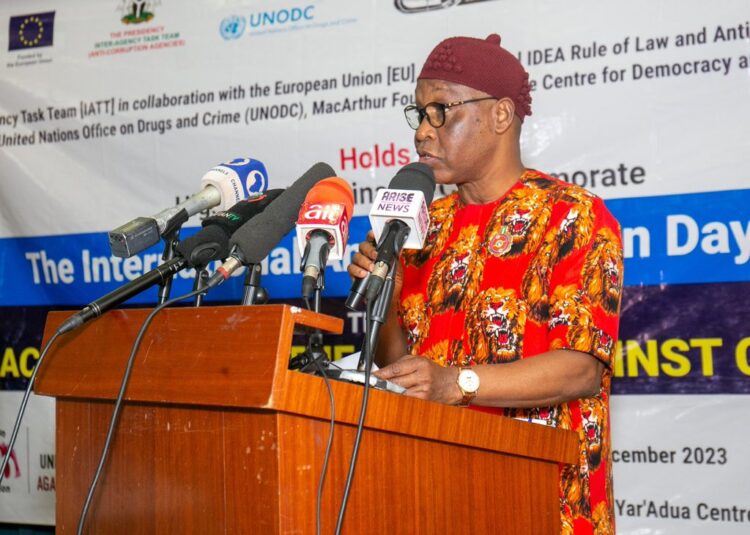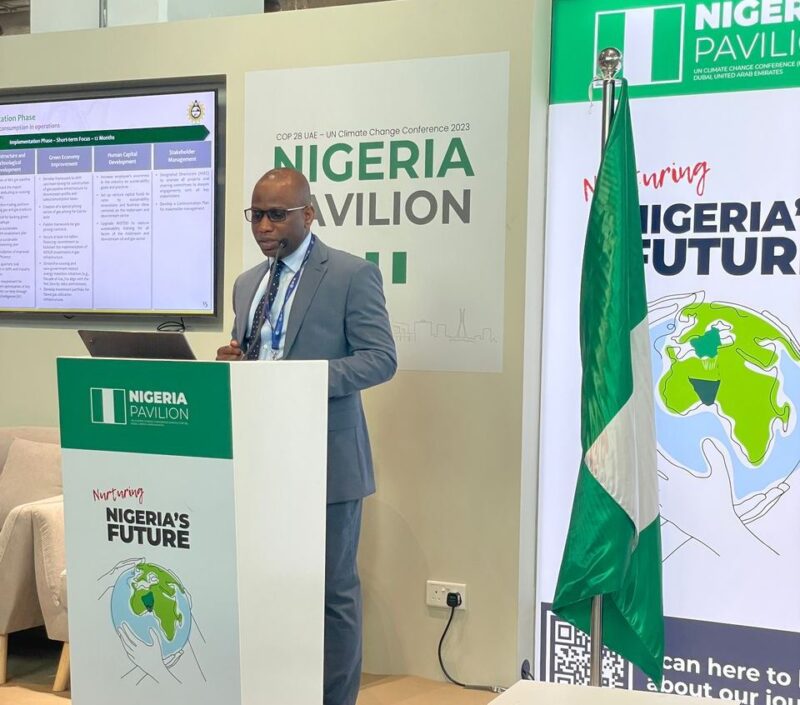NEITI lauds Chevron, Seplat for supporting EITI
By Emmanuella Anokam The Nigeria Extractive Industries Transparency Initiative (NEITI) has lauded Chevron Nigeria Limited’s voluntary willingness to sign on as a supporting company of the Extractive Industries Transparency Initiative (EITI). Dr Orji Ogbonnaya Orji, Executive Secretary, NEITI, while speaking with newsmen on Monday in Abuja said the Seplat EnergyContinue Reading




















